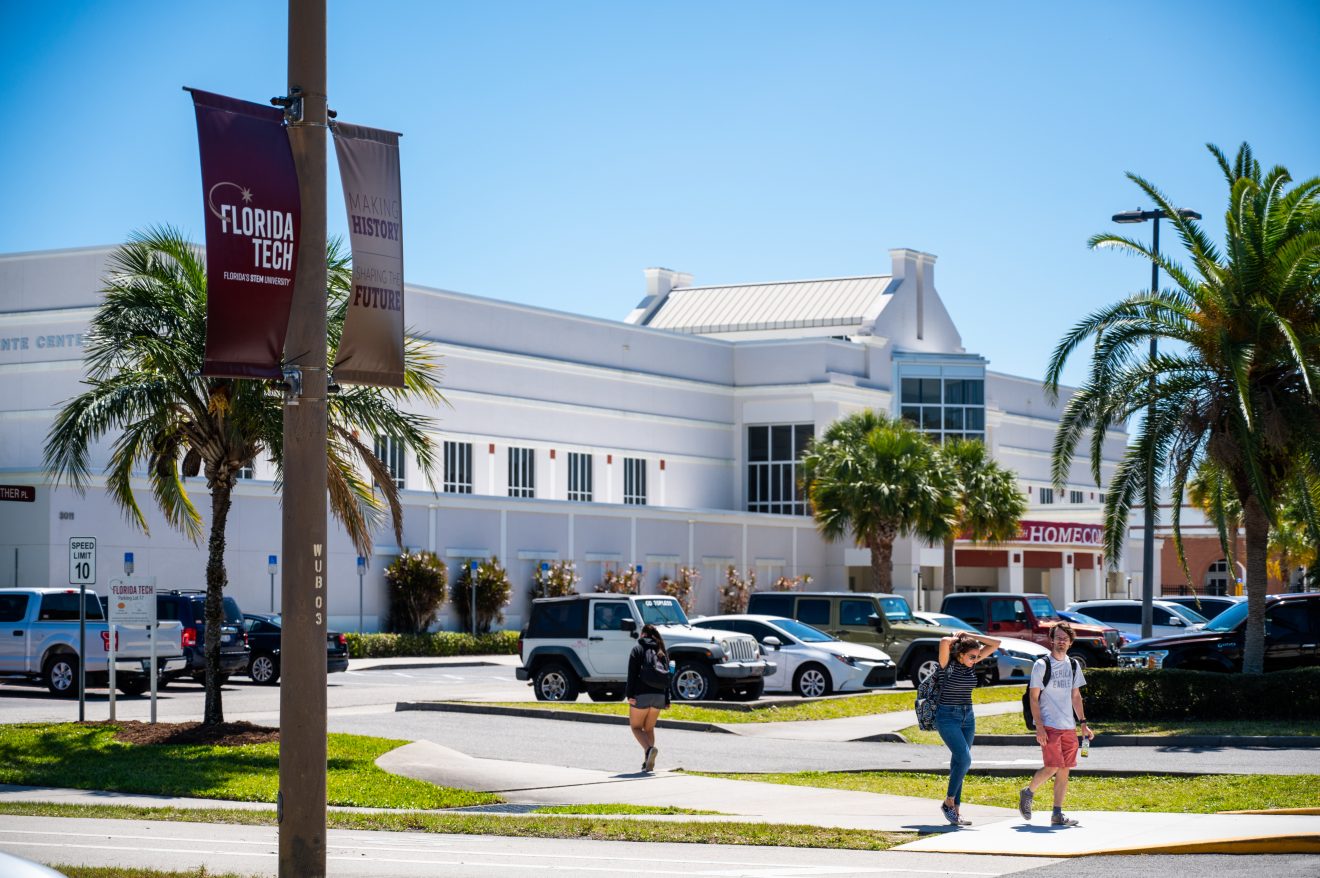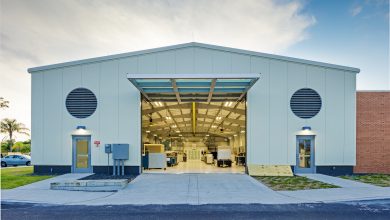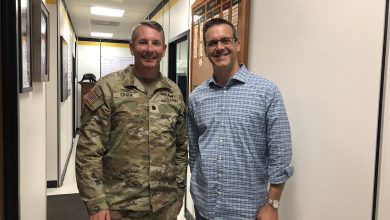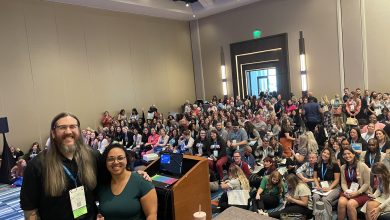The Best Parking Spot at Florida Tech
Campus parking: It’s on everyone’s minds—always trying to find the perfect space. But what truly is the best parking spot at Florida Tech? We talked with psychology associate professor Darby Proctor and mechanical and civil engineering assistant professor Mary Ann Gaal to get their expert takes on which spot reigns supreme, from a scientific perspective.
To narrow down our search, we looked at two key factors: the overall decision-making process and various safety aspects.
We are always conducting cost-benefit analysis to arrive at the decisions we think are going to be the most beneficial to us, says Proctor, co-director of the Animal Cognitive Research Center and Roach Lab.
“Even though, sometimes, we aren’t basing our decisions necessarily on accurate assessments of things like probability,” she says. “Sometimes we base those assessments on how we feel, and that can lead to people making less than optimal decisions in certain contexts.”
Referencing a 2019 study by Pavel L. Krapivsky and Sidney Redner, Proctor says there are three different types of drivers when it comes to choosing a parking spot: the optimistic driver, the meek driver and the prudent driver.
The optimistic driver prioritizes a close spot above all else, even if it means increased waiting time. The meek driver parks in the first spot seen, regardless of proximity. The prudent driver sees an open spot but keeps going to see if there is anything closer, backtracking to the original spot if nothing else appears.
“Which type of driver you are is going to depend on your personality, your experiences and all those different types of components,” Proctor says. “It’s really about what an individual is prioritizing. There are also things, like shade, to consider. How much cover is there between where you’re going for the thunderstorms we get in Florida afternoons? Some people prioritize having a spot that is half next to the grass so they can only get hit by one other car. All of these types of things are going into the decisions those people are making.”
Gaal discusses the different requirements for parking lots and various safety aspects to take into account.
“Depending on what the parking lot is for—whether it’s for shopping malls or doctor’s offices—they look at how many people are going to be using that space, how many handicap spaces are needed, the size of the parking space, the aisle width and so on,” she says. “For campuses, it’s a little different in that you’re taking the whole campus and counting parking spaces based on the number of students, the number of faculty, things like that.”
When considering the best parking spot on campus, Gaal would focus on safety, she says. She recommends looking at the proximity of the space to the building, the lighting and the location of emergency phones.
“If it’s daylight, and you want to get some walking steps in, then you’ll park farther away. If it’s in the evening, then you want to be close to the entrance and exit ways,” she says.
Gaal is no stranger to university parking concerns, as she worked as a construction manager for the New Hampshire university system for 13 years. However, the problem isn’t a lack of spaces, she says.
“There are always complaints that there’s not enough parking spaces, and ‘I can’t find a parking space,’” Gaal says. “At one campus, we did a parking study, and we found that there are plenty of parking spaces. However, they’re not where people want them to be. Everybody wants to be at that perfect spot for them.”
All that said, what is the best parking spot on campus?
For Gaal, it’s the spot right outside the entrance.
“Mine is right outside the side door of [the F.W. Olin Engineering Complex], because I’m carrying so much stuff a lot of times in the morning that I like to get into my office quickly.”
For Proctor, it’s a spot with a view.
“Our offices just moved, and I don’t have a new preferred spot. At our old offices in L3Harris Commons, there was a pond behind the building that almost always had ducks. When I would get to work in the morning, I liked to pull up and face the pond. Then, I’d see ducks, and that just made me a little bit happier.”
So, which type of driver do you consider yourself, and what’s your favorite spot on campus?
While Proctor provided us valuable insight into the different types of human drivers, she normally works with a species not concerned about parking at all: spider monkeys. Even though they don’t stress about finding the perfect spot on campus, we asked Proctor what a spider monkey might do if faced with the task.
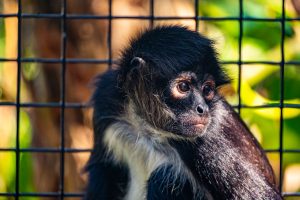
“What I think they’d actually do is completely disregard that there are official parking spots and pull up right in front of the door and park, because why would they follow these arbitrary human rules?” she says. “But if we go with that they understand parking and they’re going to park in a parking spot, I think they would probably prioritize time. I think they would be those ‘prudent drivers.’ If there’s a close spot, they’re taking it. But spider monkeys have no patience, so they wouldn’t be willing to actually wait for a better spot.”

